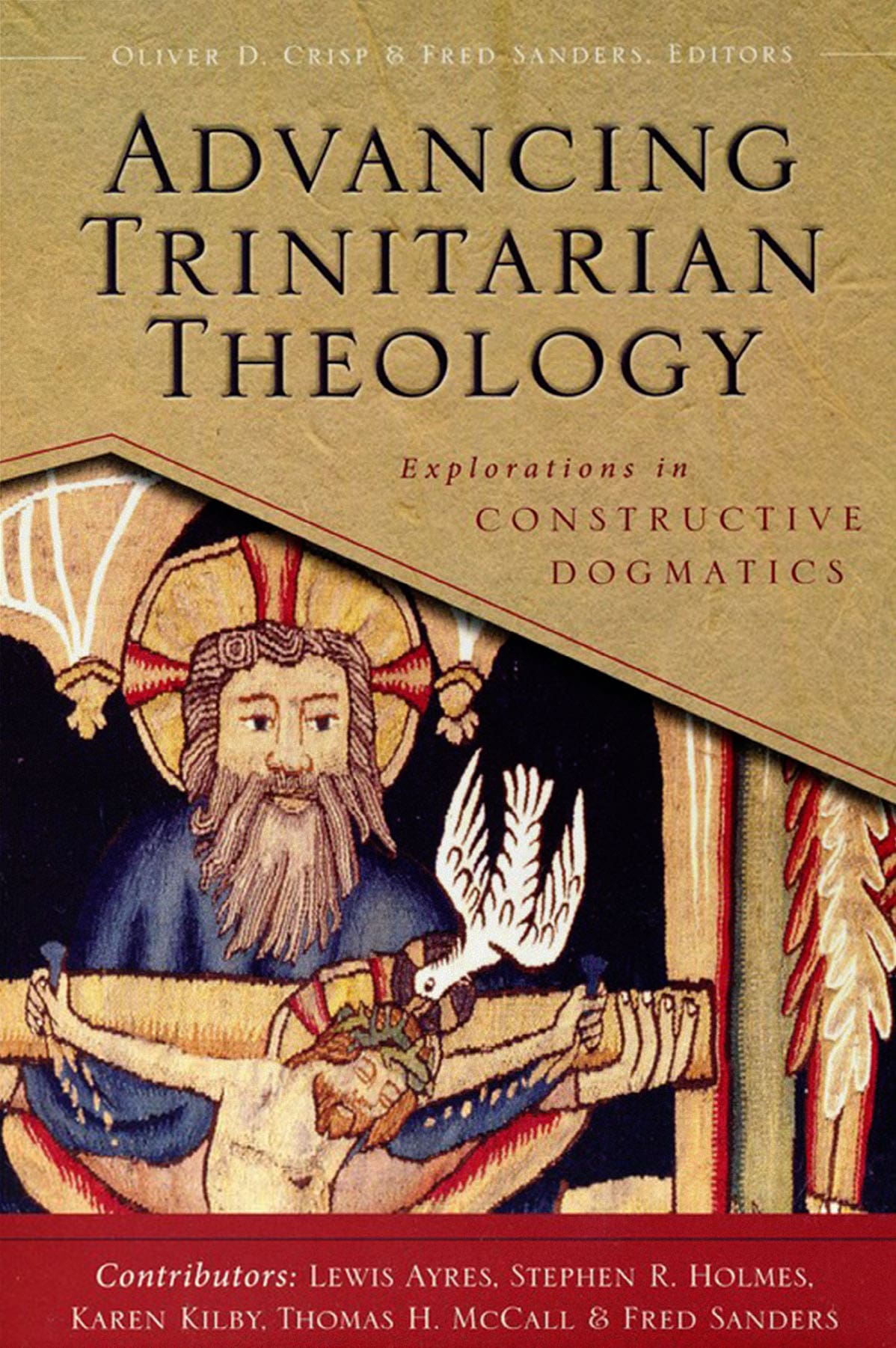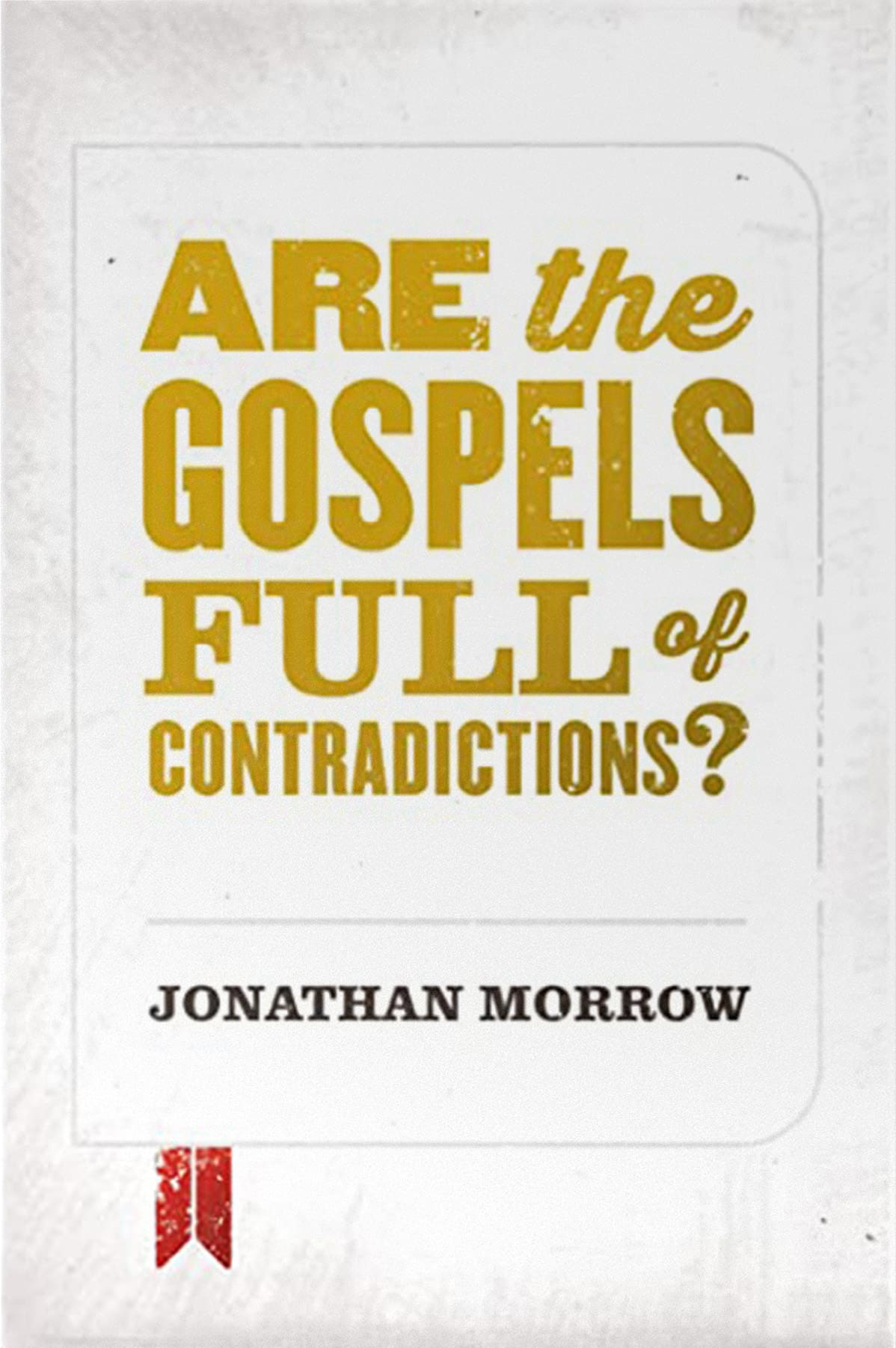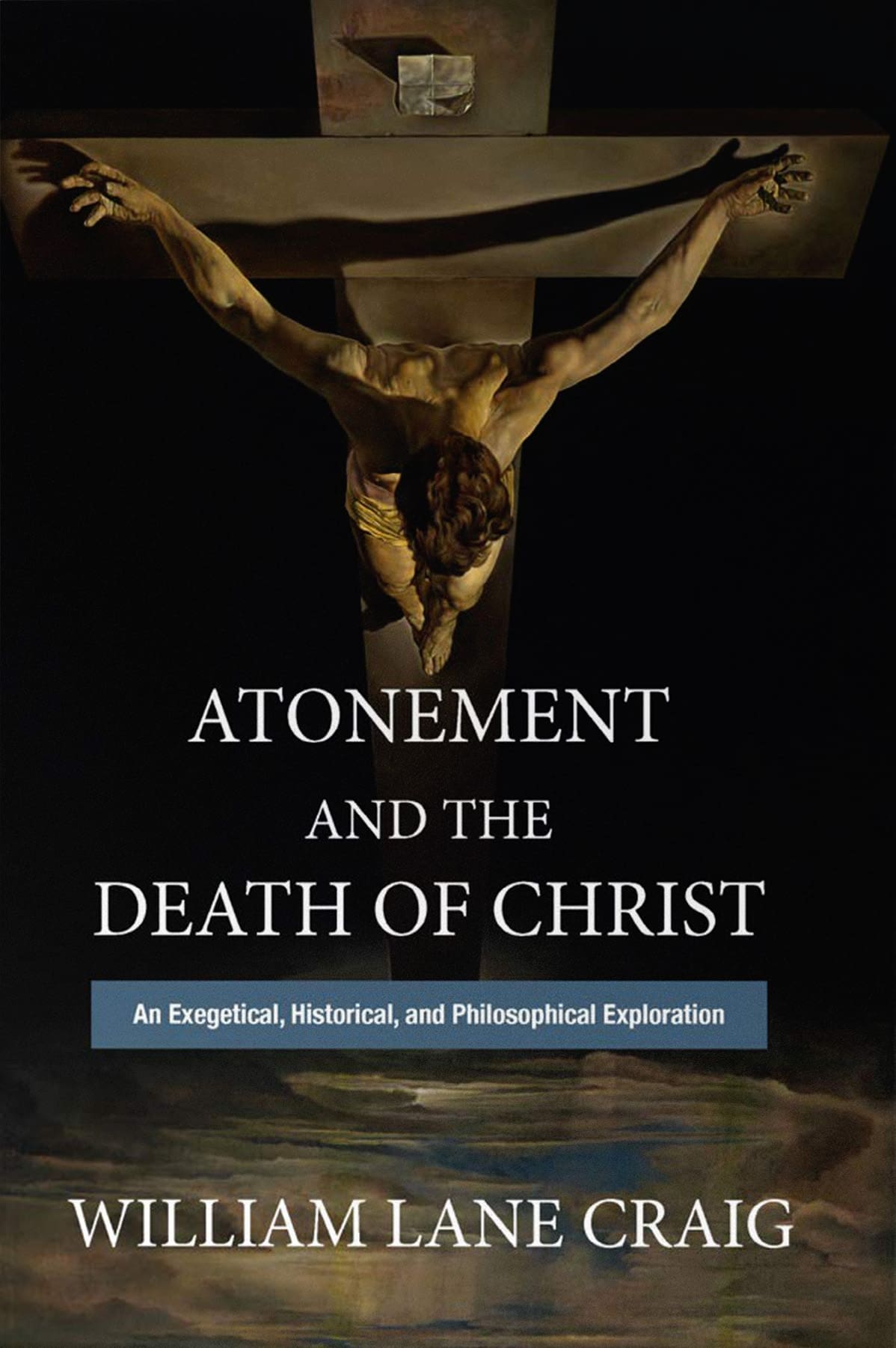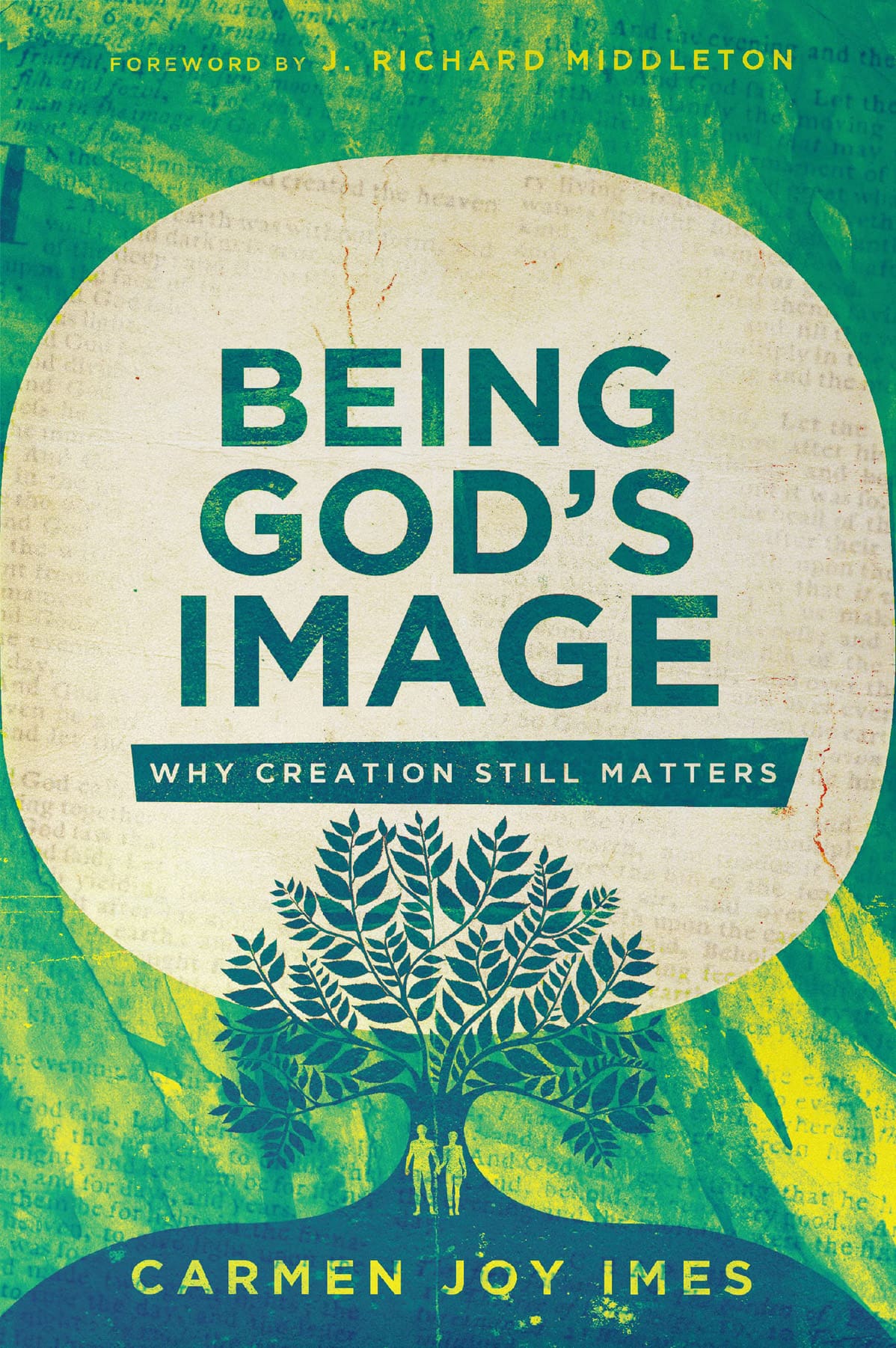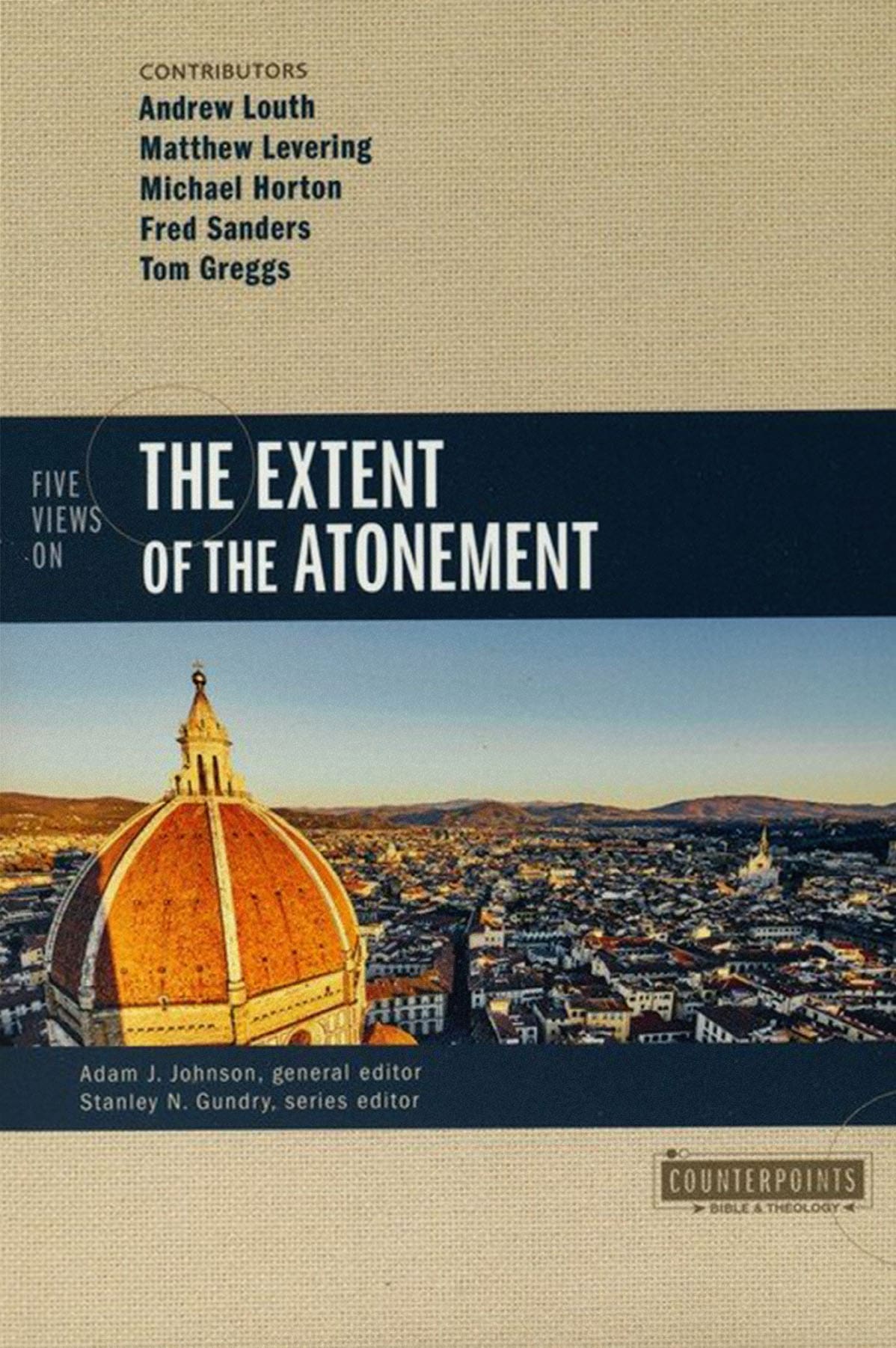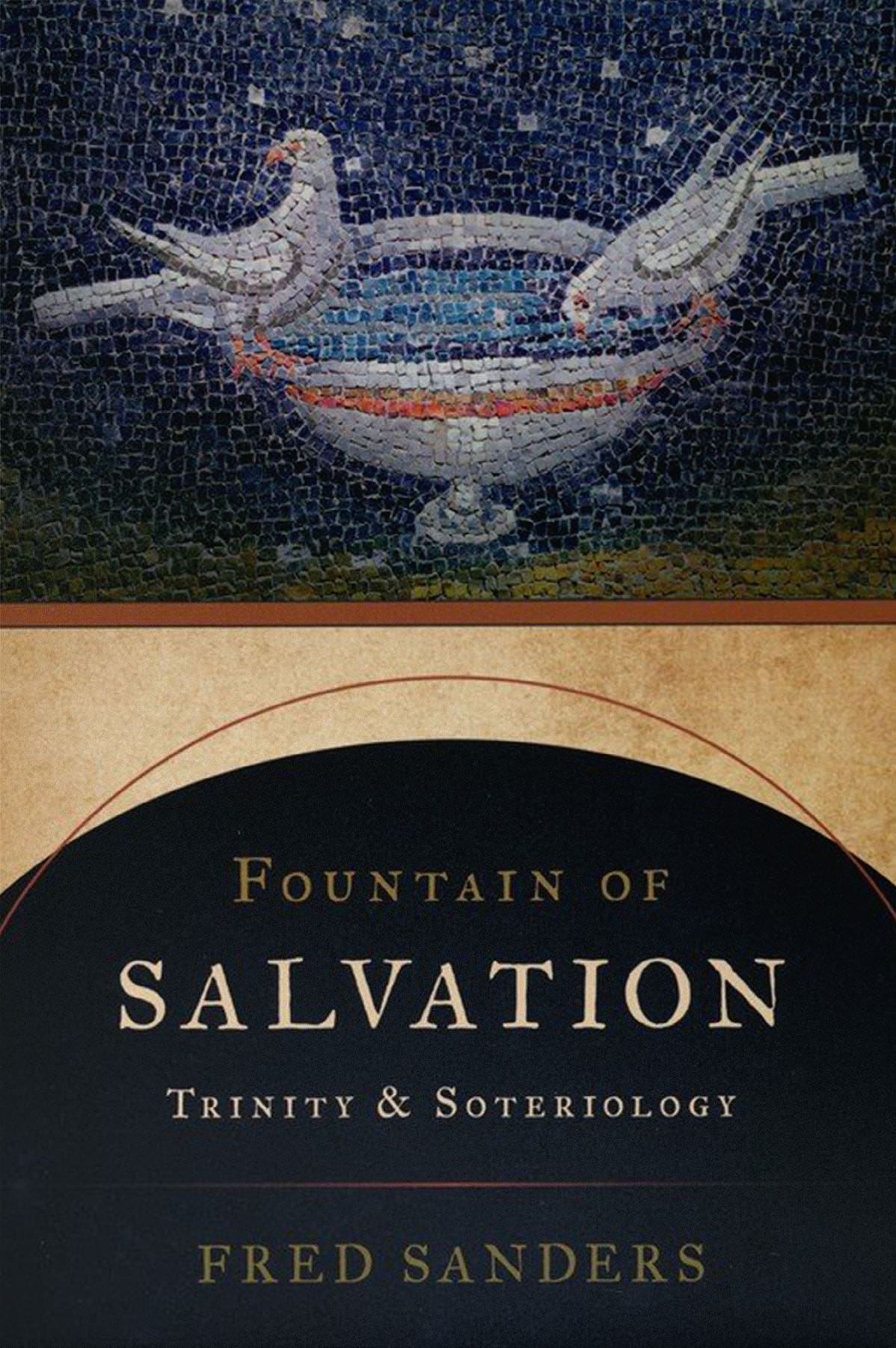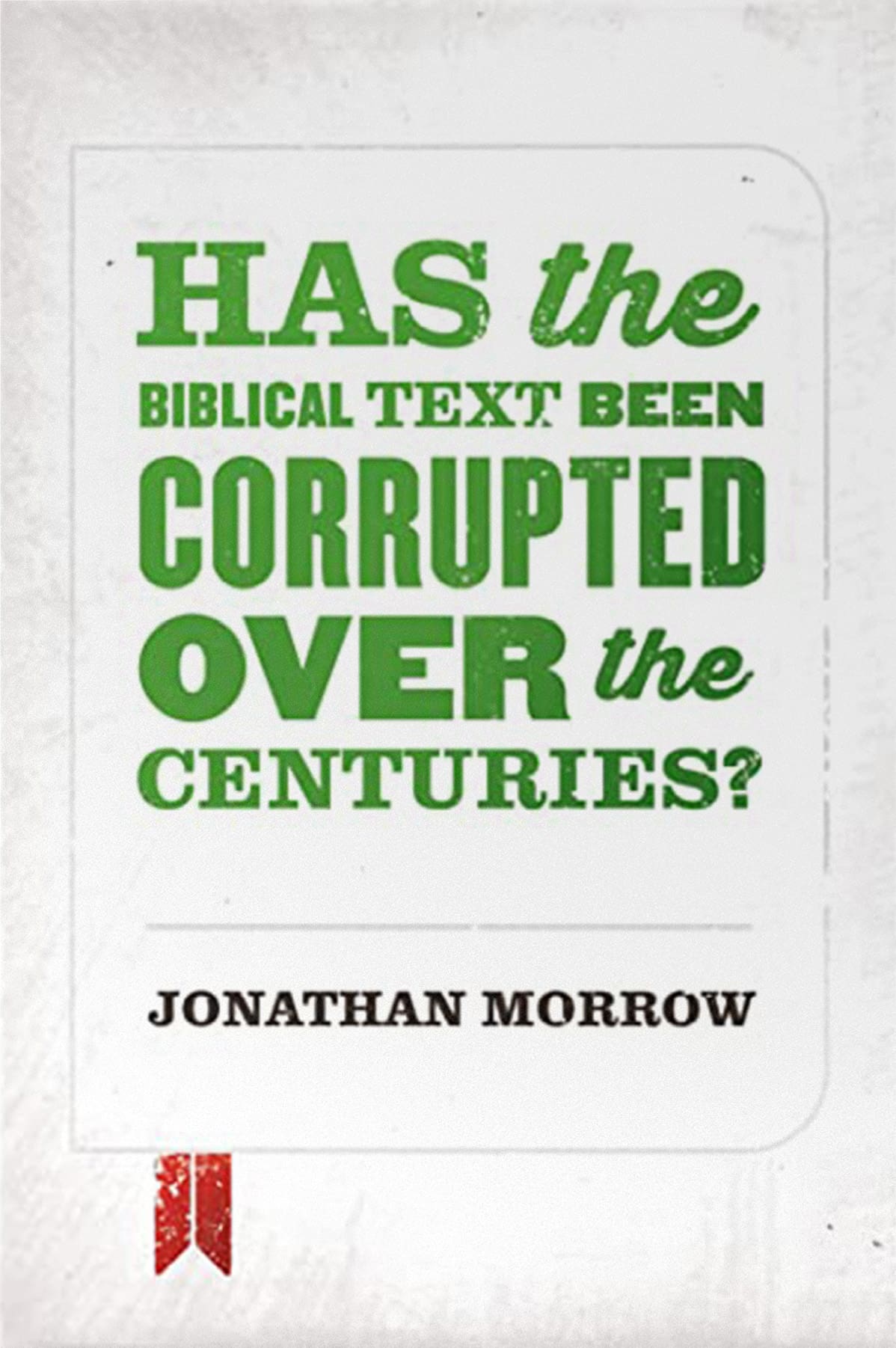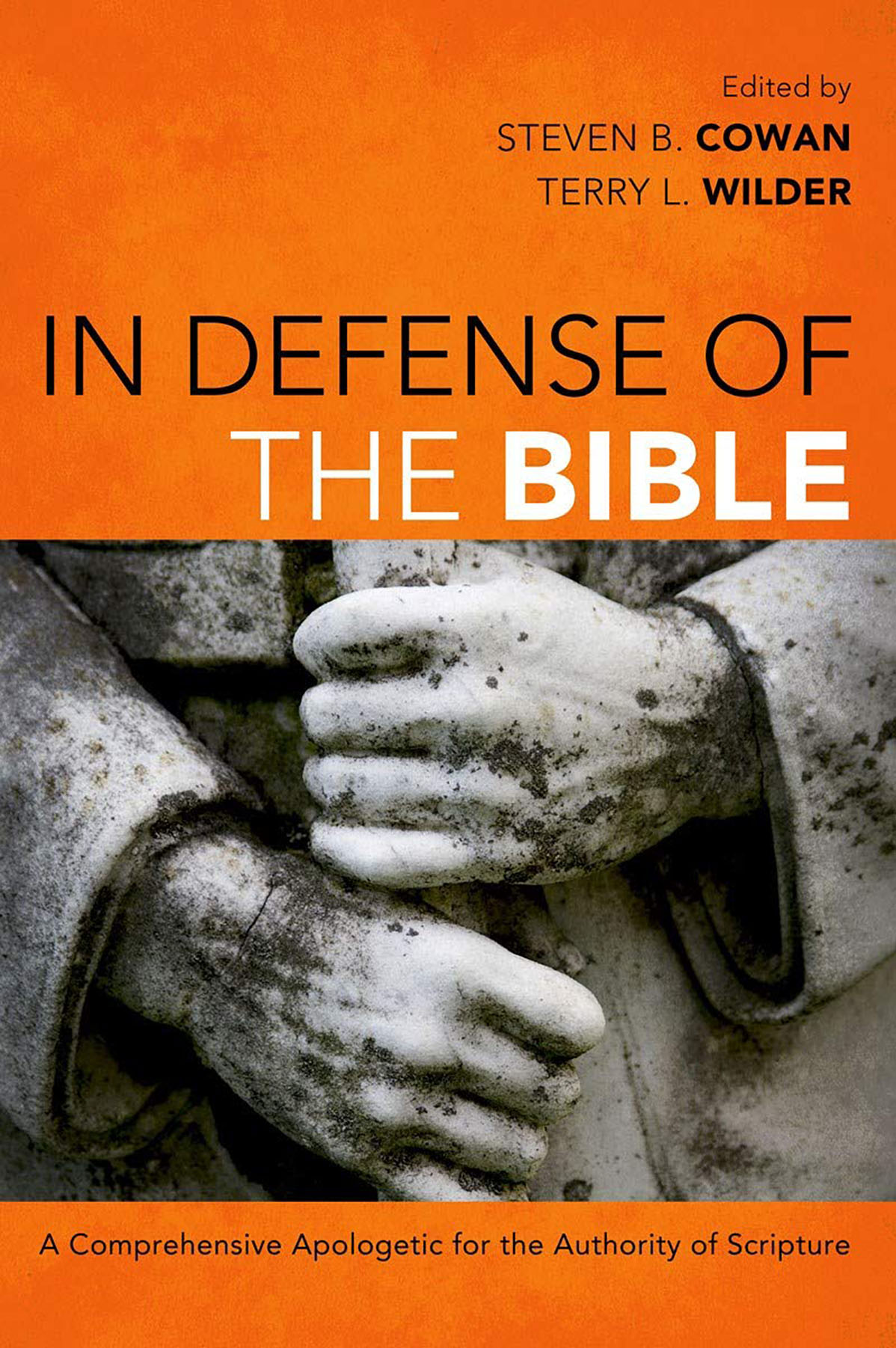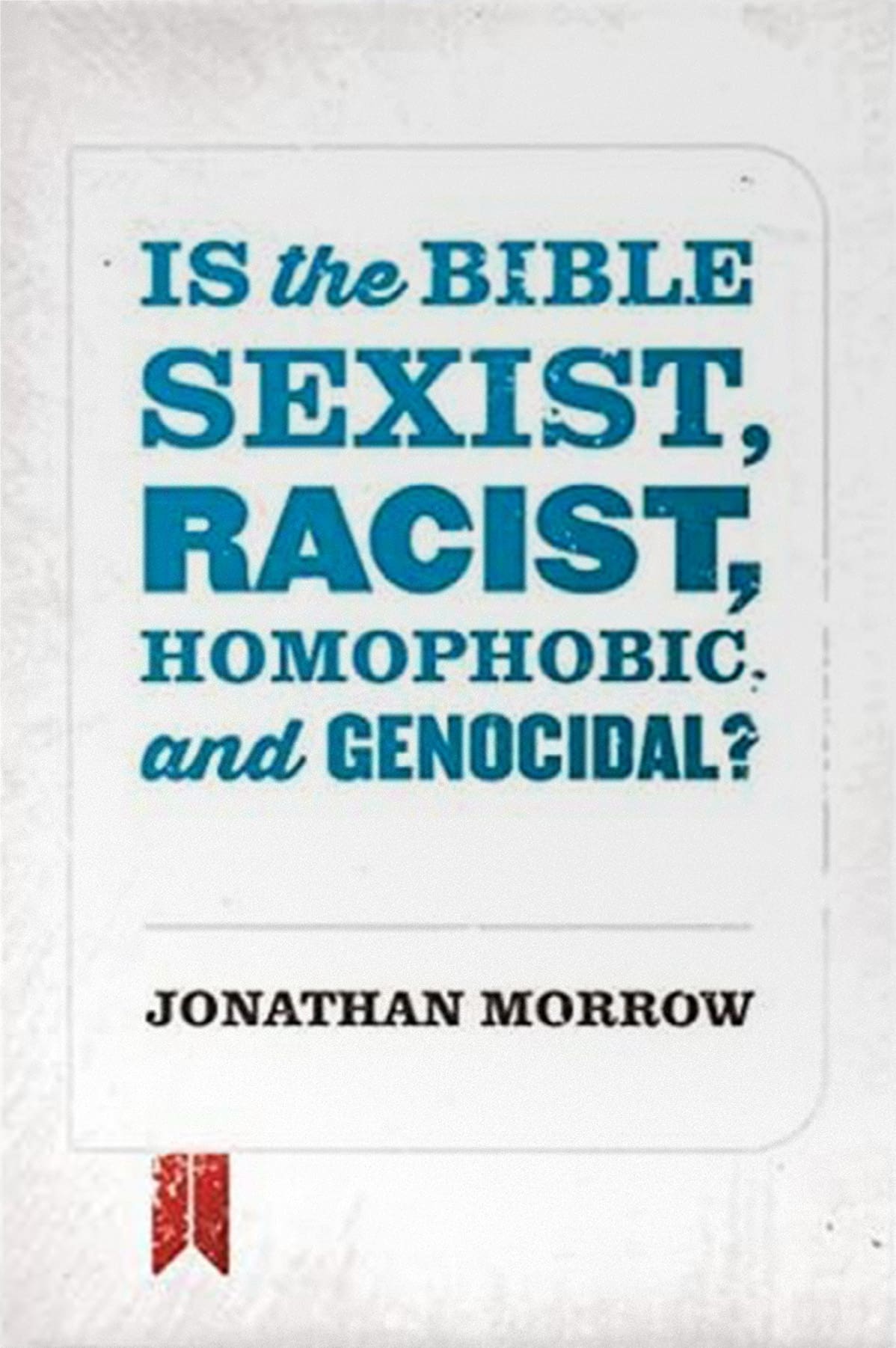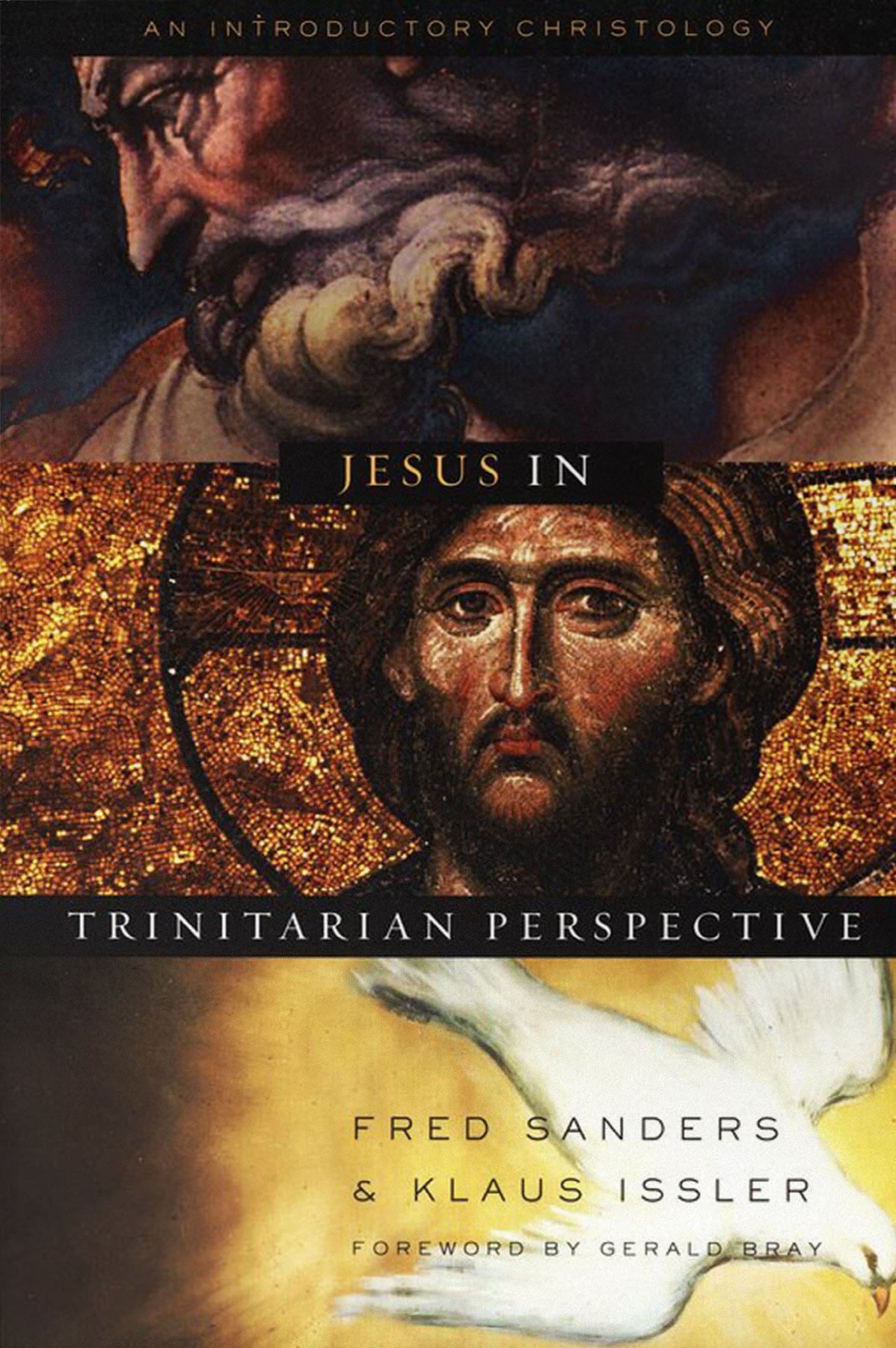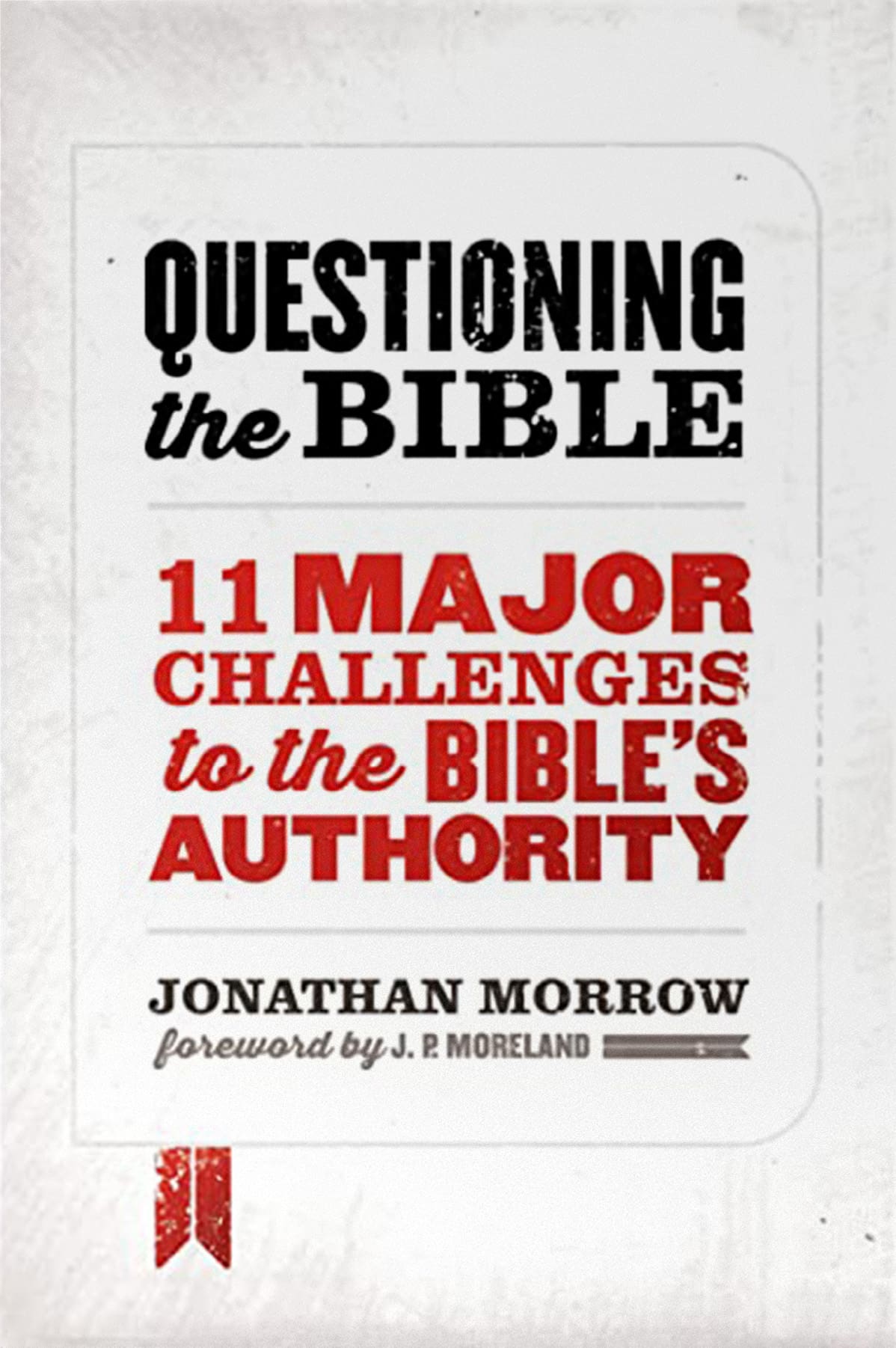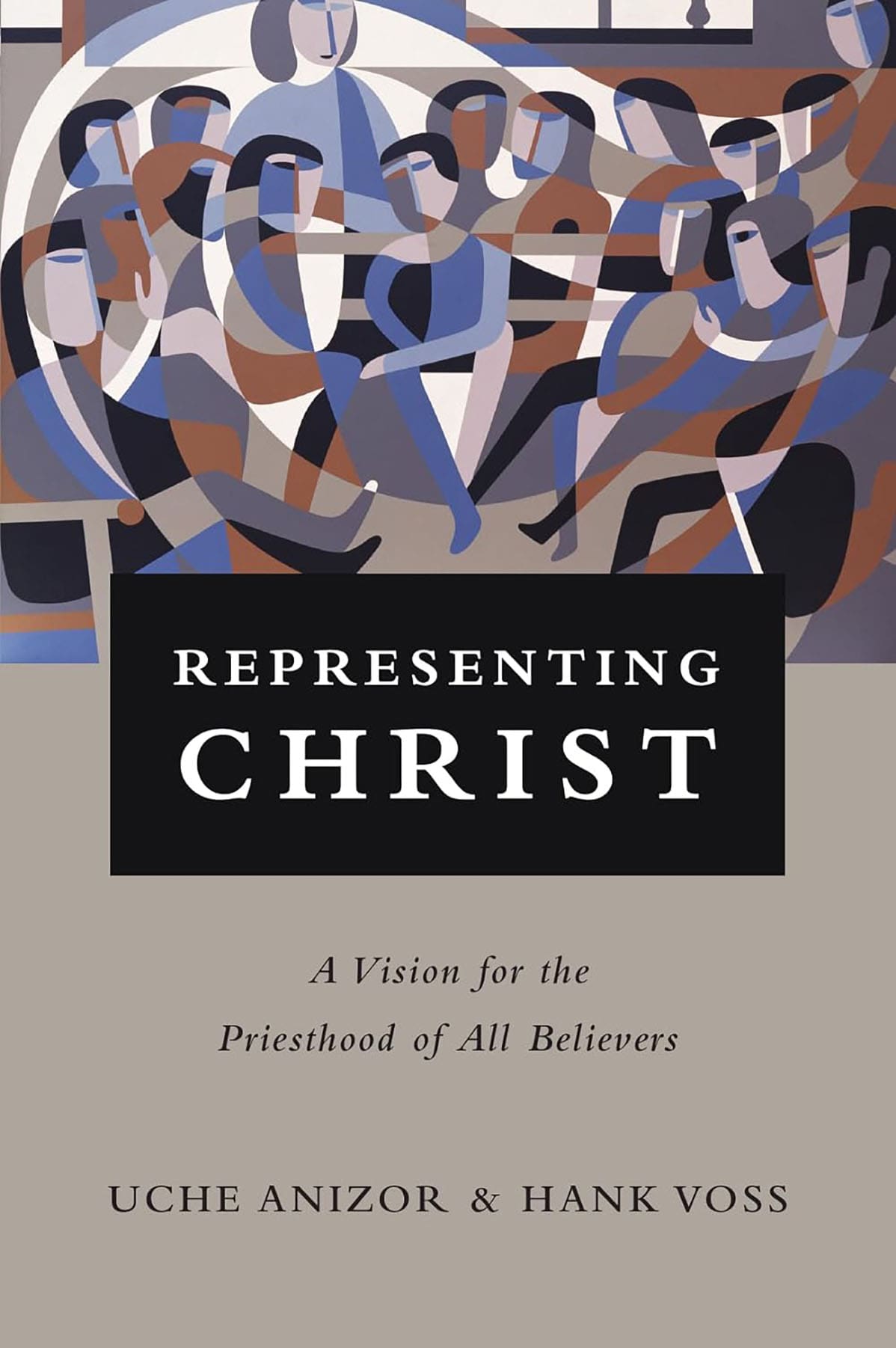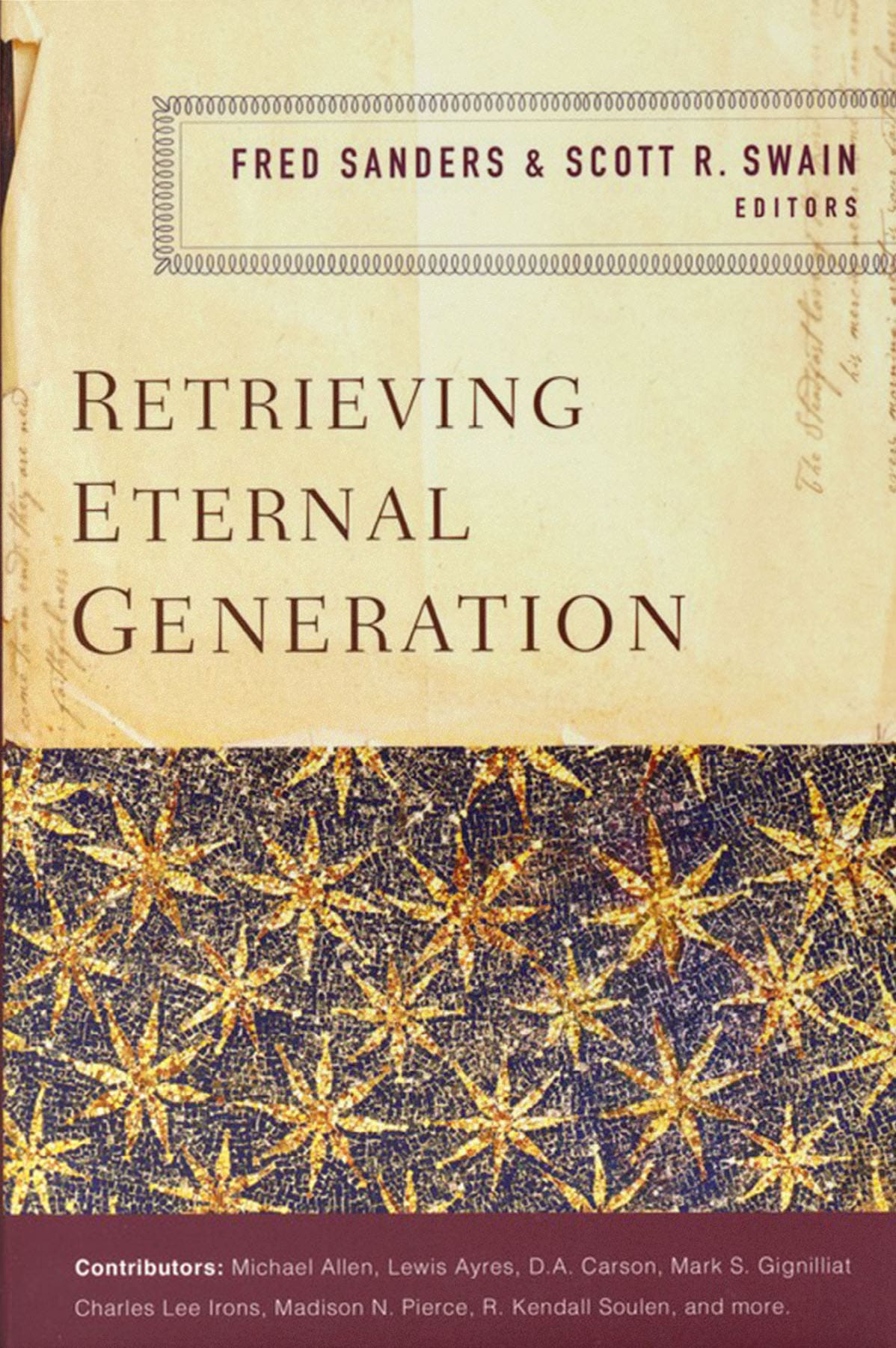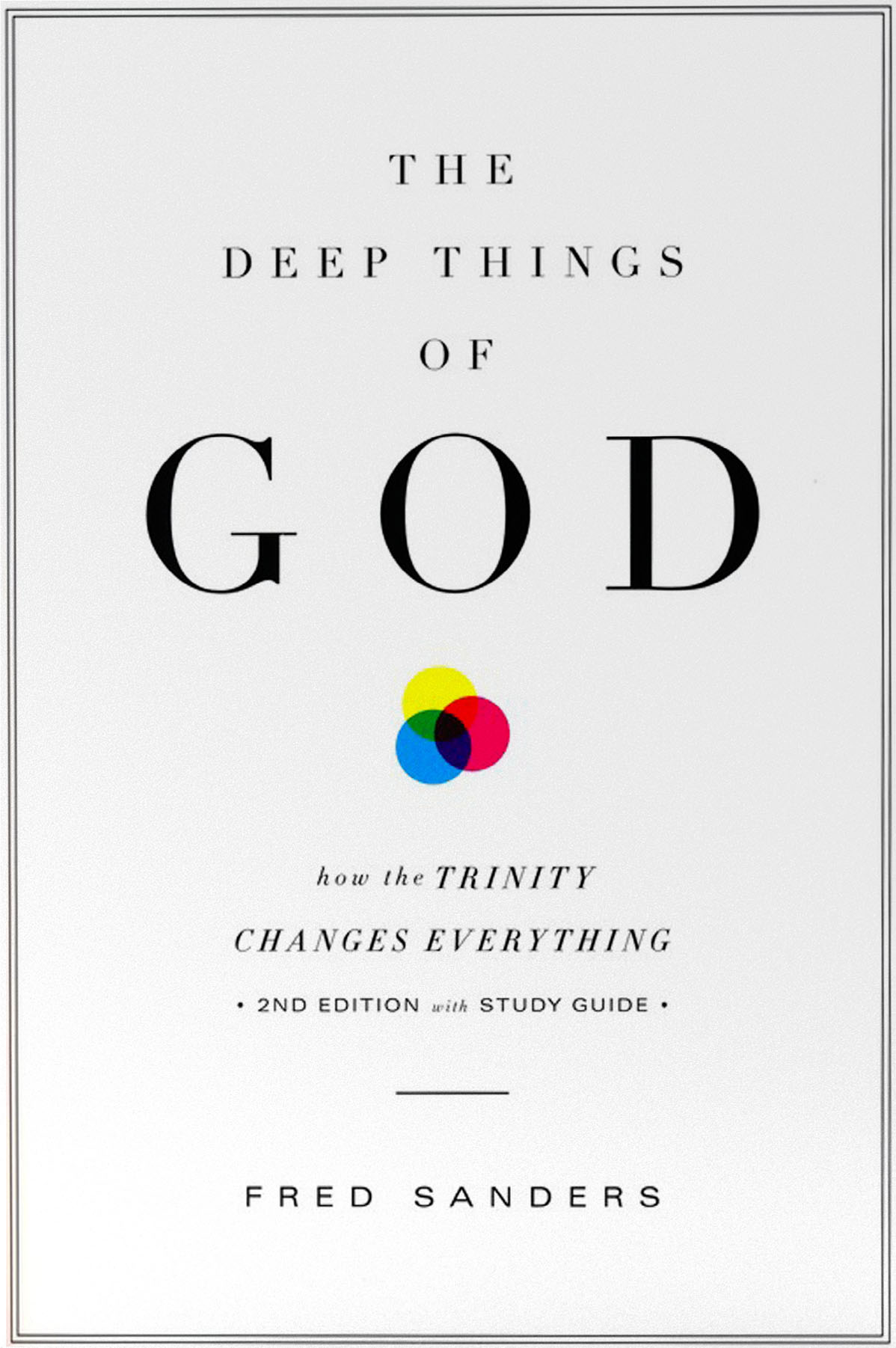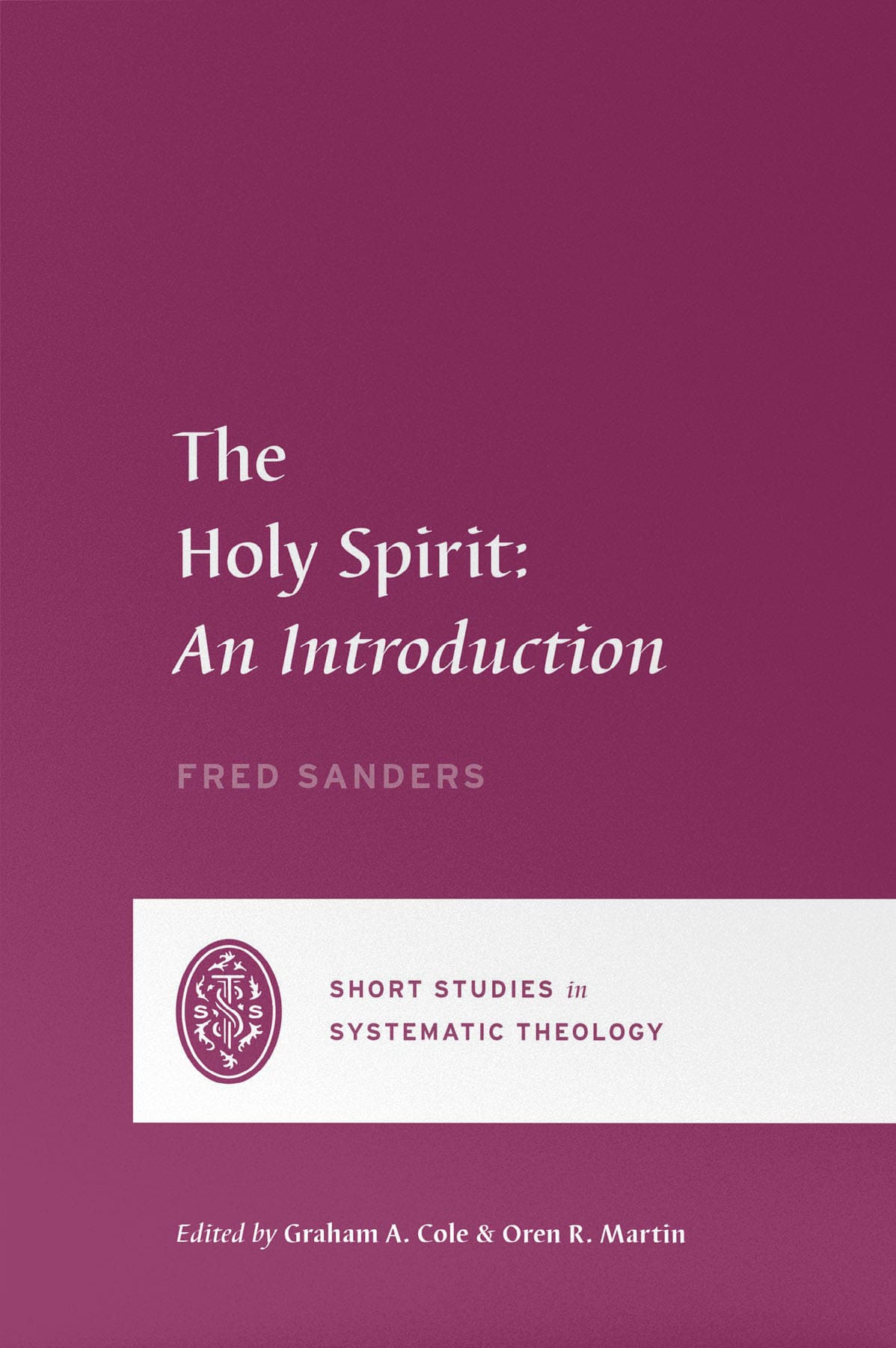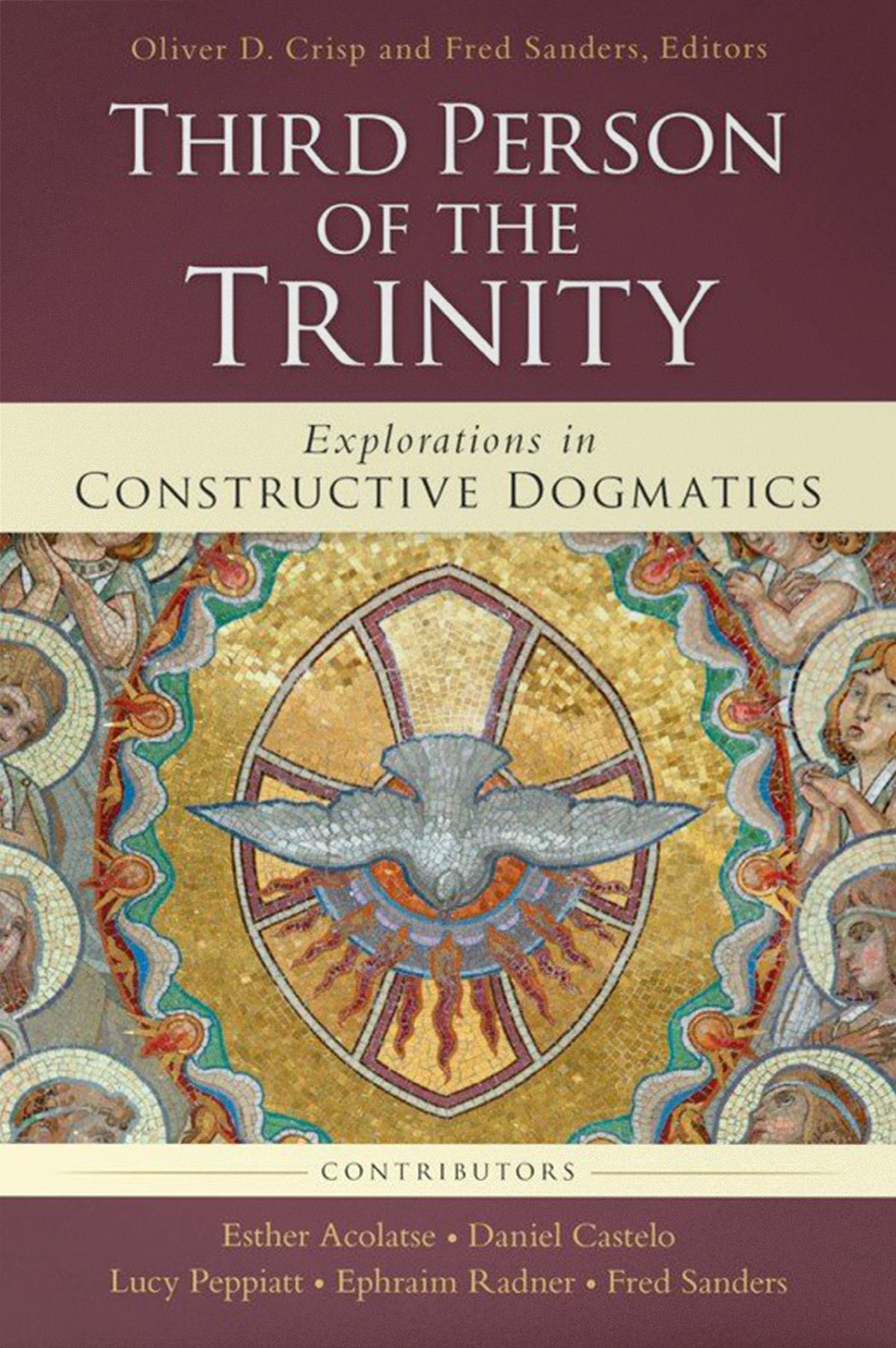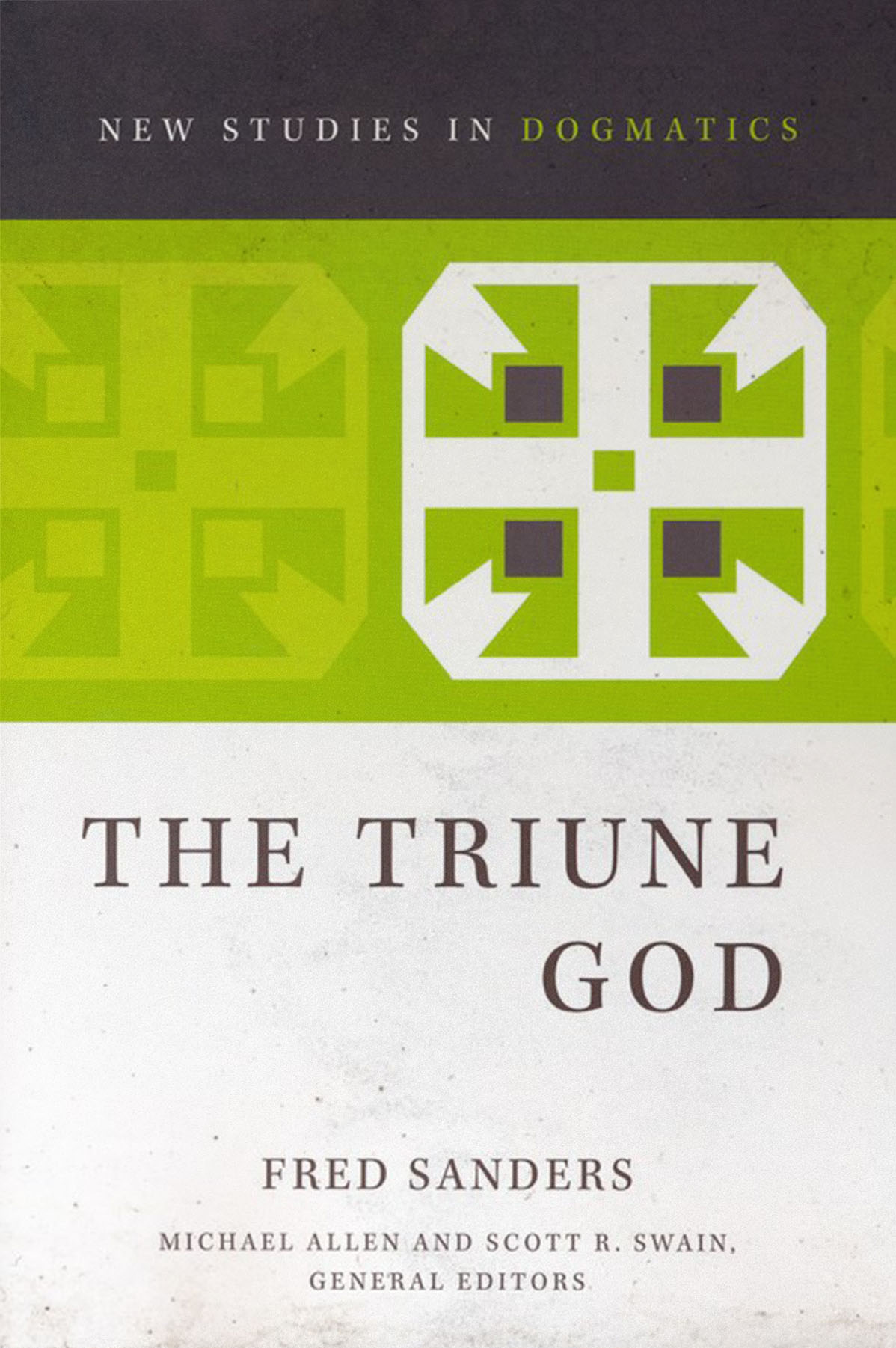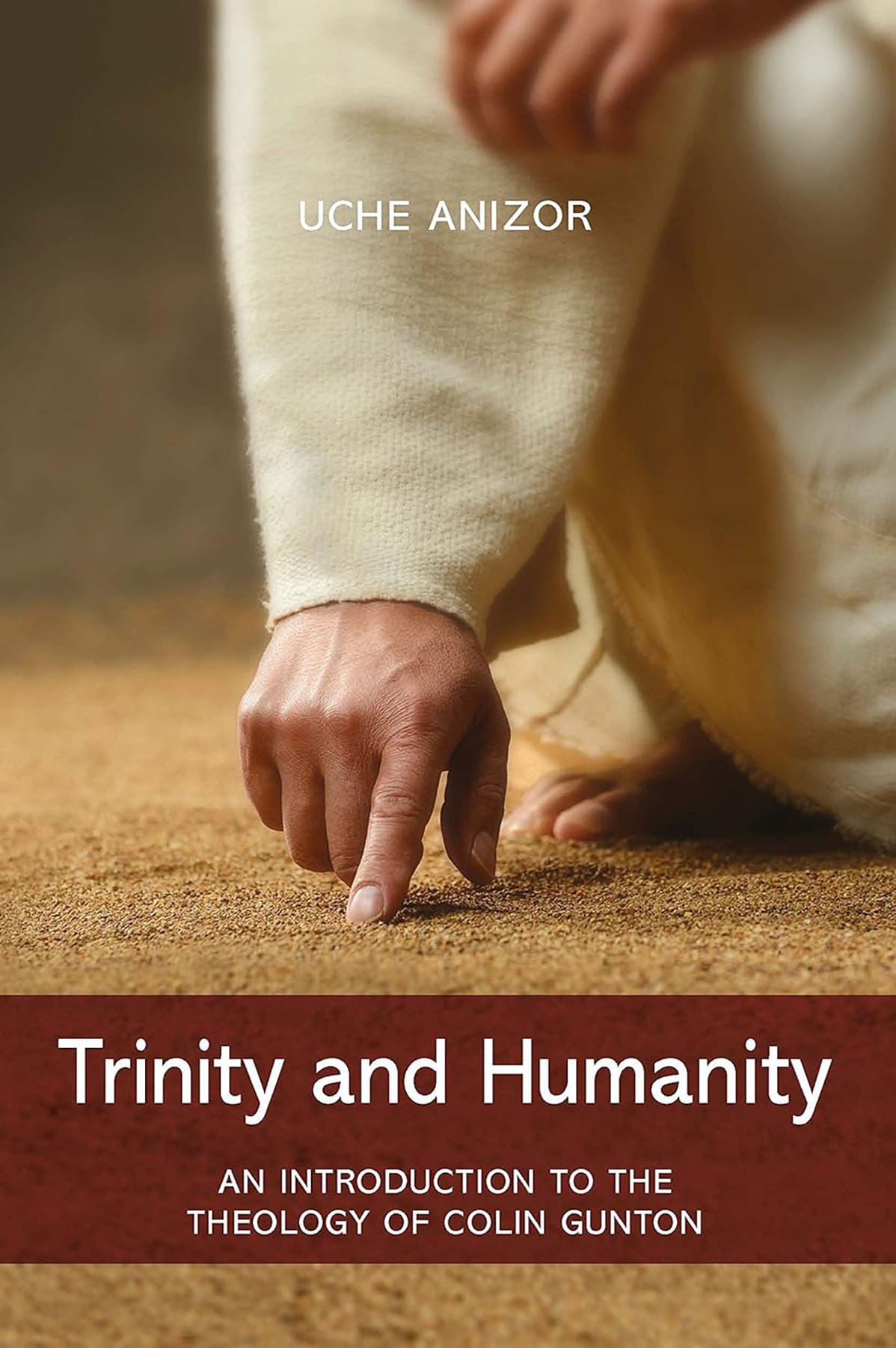Advancing Trinitarian Theology: Explorations in Constructive Dogmatics – eBook
Trinitarian Theology—the subject of the second annual Los Angeles Theology Conference—sought to make constructive progress in the doctrine of the Trinity by aligning the trinitarian revival with the ongoing task of retrieving the classical doctrine of the Trinity. The nine diverse essays in this collection. Each of the essays collected in this volume engage with Scripture as well as with others in the field—theologians both past and present, from different confessions—in order to provide constructive resources for contemporary systematic theology and to forge a theology for the future.

